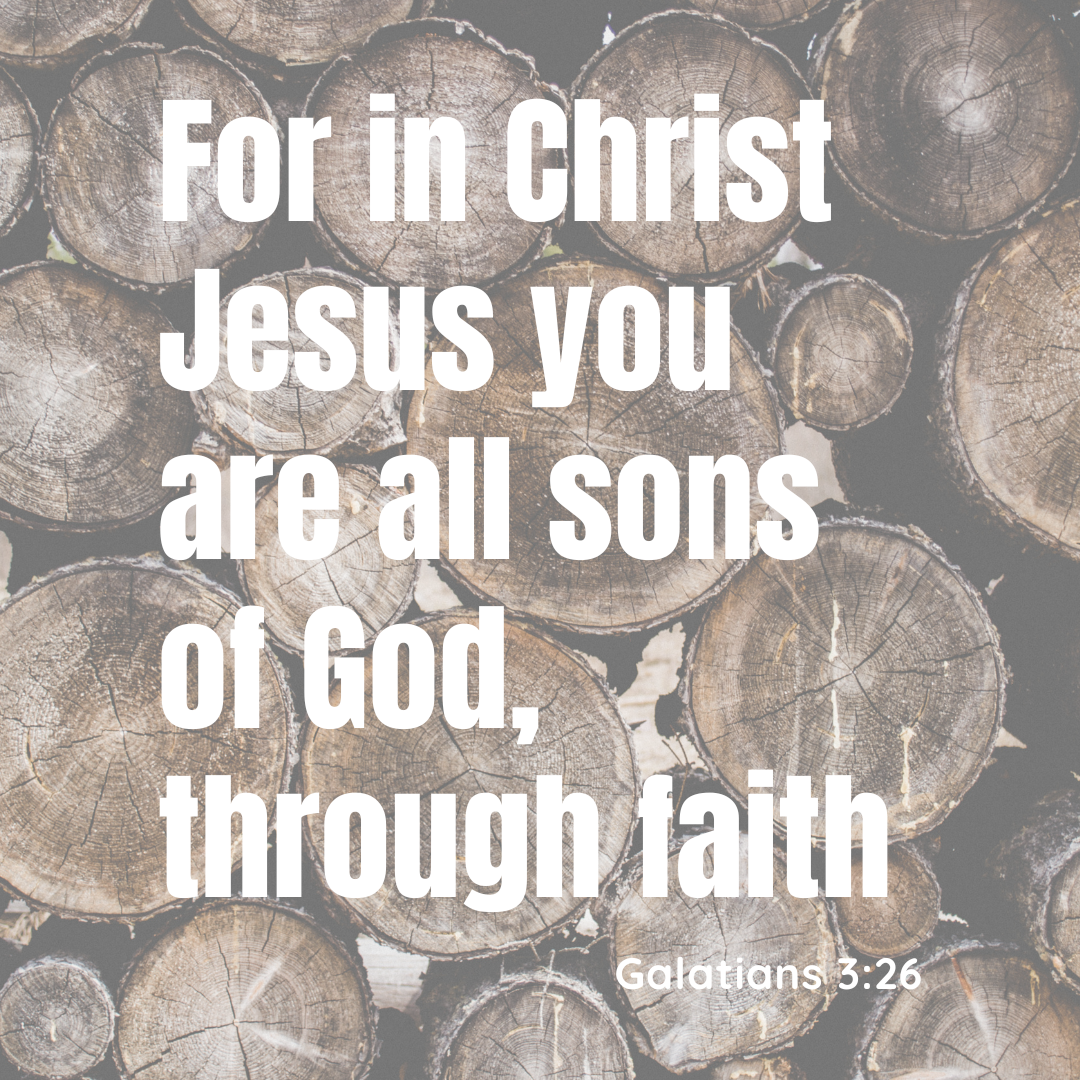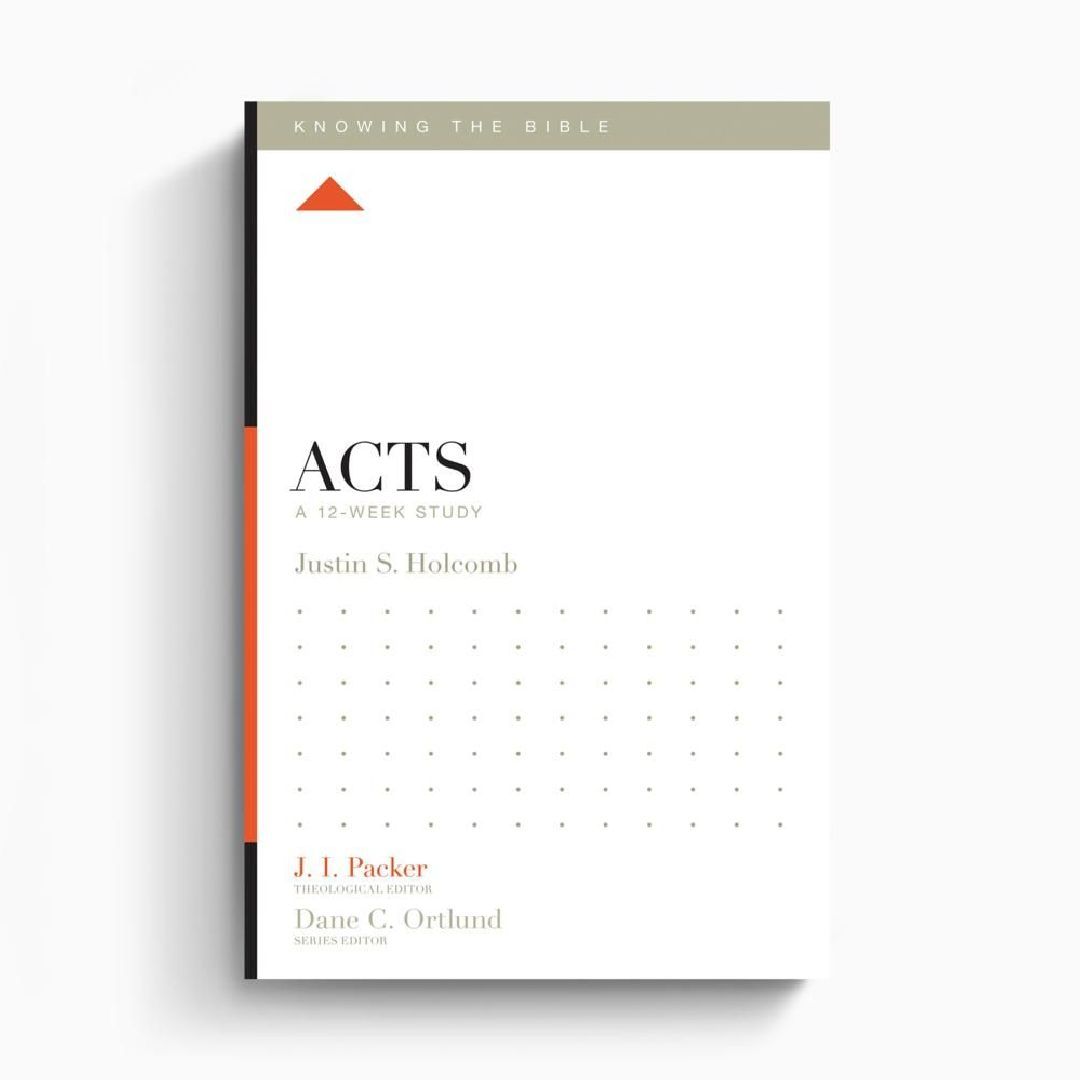Getting the Gospel Right
Clashing of cultures often stirs up division.
When people from different backgrounds interact with each other, their preferences, customs, traditions, and habits can rub each other the wrong way. One culture may consider an activity acceptable, while another culture looks with disdain on a custom. For instance, the tension is often felt when northern or southern US cultures collide, or when rural neighbors meet urban neighbors. Our own local county is a melting pot of different cultures and social demographics. Even though the tension can be intense, it is nothing compared with the cultural and religious division between the first century Jews and Gentiles.
The book of Acts traces the spread of the Gospel across the Roman empire. As the saving message of Christ Jesus reached the borders of Judea, Gentile believers were welcomed into the family of God. Acts 15 is the conclusion of Paul’s first missionary journey in which he preached the gospel and established churches throughout Asia. As the Gentiles were welcomed into the church, several Jewish leaders became increasingly uncomfortable with the changing culture of the church. Therefore, the early church was forced to wrestle with the question of whether Gentiles must become Jews (through circumcision) before they became Christians. This was (and still is) a Gospel question. The pharisaical believers in Acts 15 revealed they had fundamentally misunderstood the Gospel, and they were dangerously close to legalism. So, how were they to respond to the influx of Gentile believers? What should they require of these new converts? How do they enter the family of God? Acts 15 answers these questions.
As you prepare for worship this Sunday read and pray through Acts 15:1-35. Picking up from last week, we will resume our study in Acts 15:12-35. Begin reflecting on ways we might be tempted to deviate from the Gospel and how we should understand the relationship between the law and the Gospel. In Acts 15, God’s Word (OT) clarifies God’s thoughts on this matter. Hopefully, this passage will help us have clarity on the Gospel and avoid the dangerous trap of legalism.
- What must a person do to become saved (born again)?
- What customs, traditions, or preferences are we tempted to add to the Gospel?
- How does correctly interpreting God’s word clarify the gospel, bring joy to the believer (15:31), and prevent us from becoming legalist.



